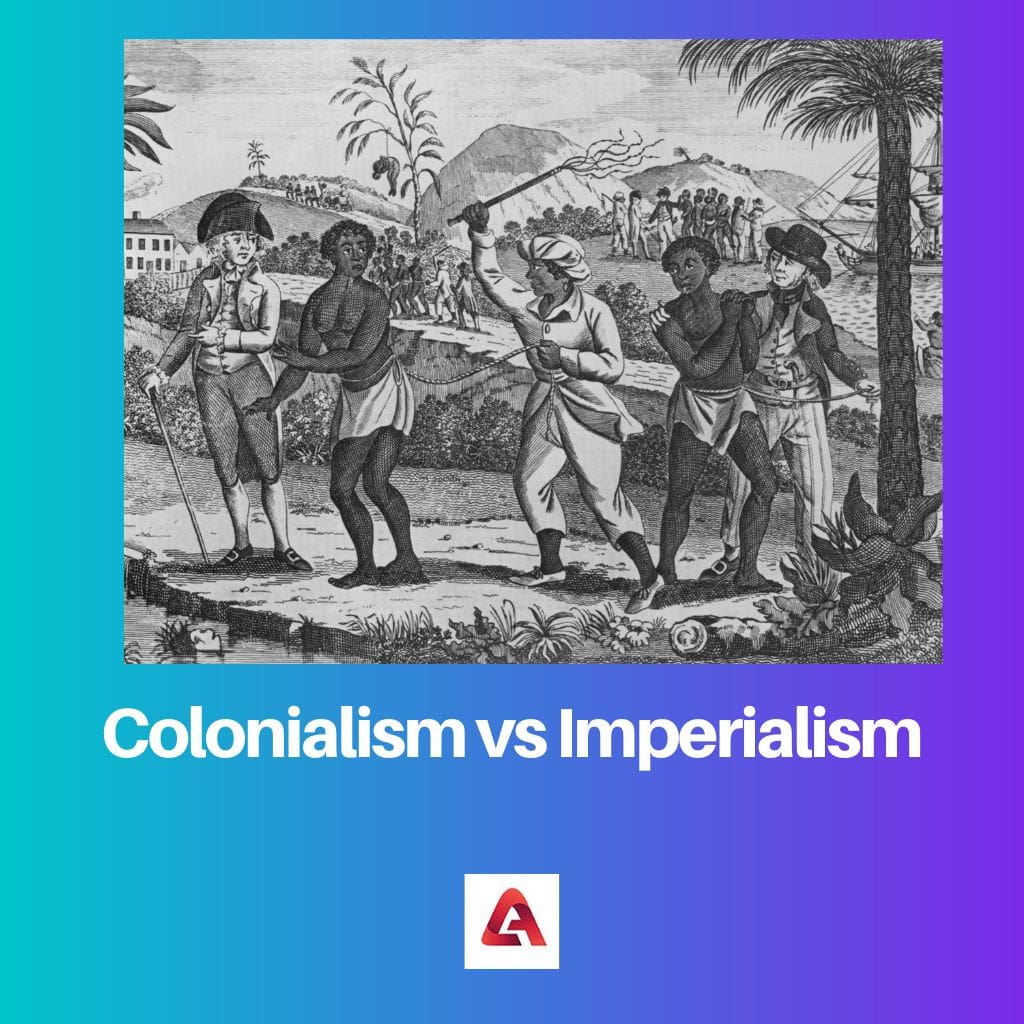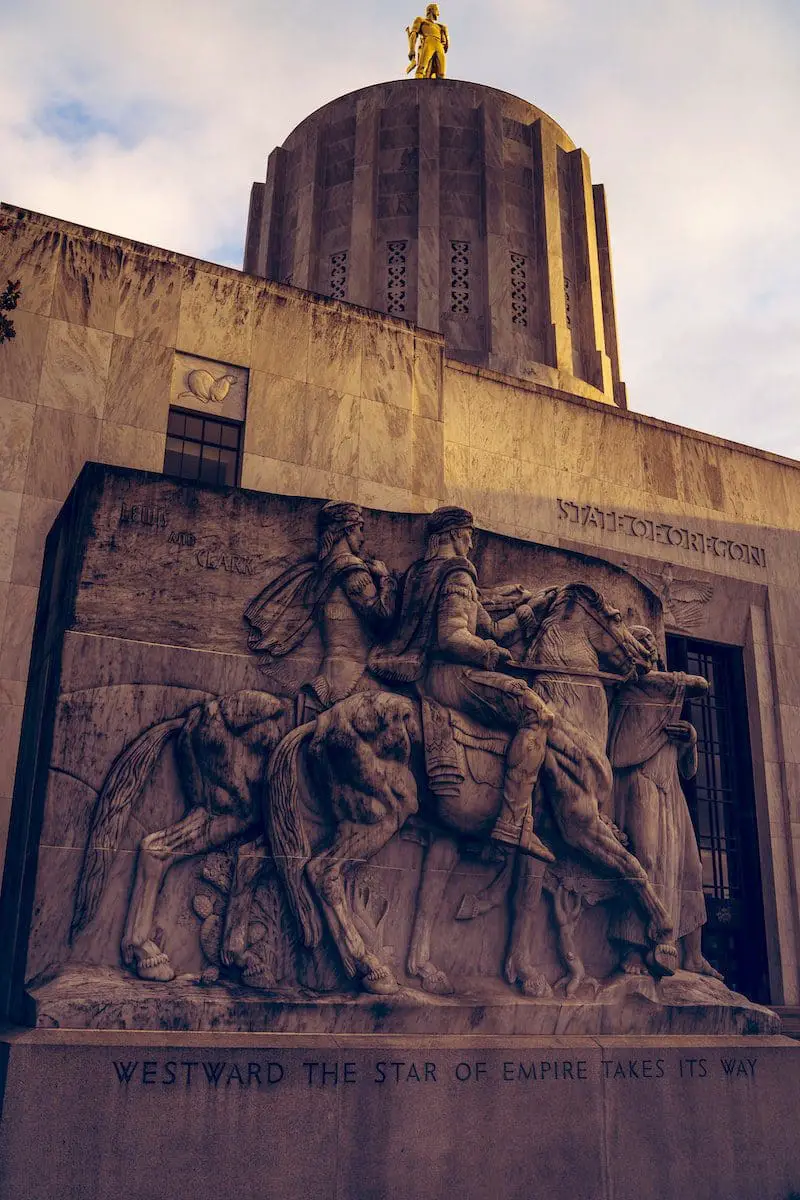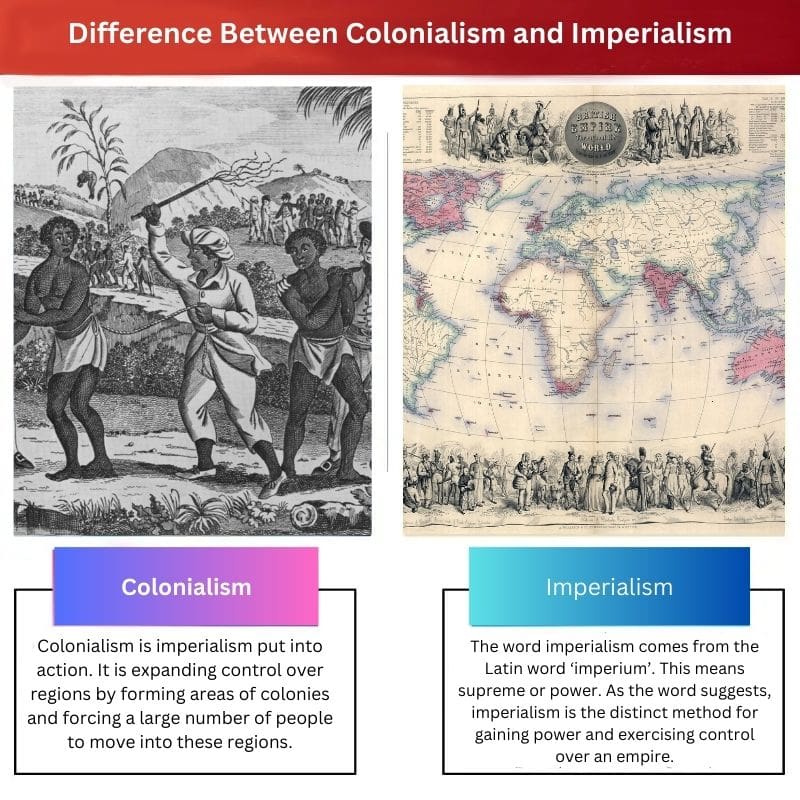Histories and historians have always mentioned imperialism and colonialism to the point where we stopped trying to differentiate between them.
But there lies a vast difference between imperialism and colonialism. This difference is brought to light in the definition of the terms.
Key Takeaways
- Colonialism involves establishing, exploiting, and maintaining colonies in other territories, while imperialism is the policy or ideology of extending a nation’s rule over other territories.
- Colonialism is a specific manifestation of imperialism, including indirect forms of control such as economic or political influence.
- Both colonialism and imperialism have significantly shaped global history, resulting in cultural exchange, economic exploitation, and political conflict.
Colonialism vs. Imperialism
When a country spreads and establishes its colonies in another area using its power and resources to inflict its political and ethnic influence it is called colonialism. Imperialism refers to an umbrella term in which a country inflicts its cultural, economic, and political influence by reaching another country’s border and setting its colonies.

Colonialism is the idea of imperialism put into action. This is not concerned about the empire’s well-being but focuses only on the economic development of the entire area.
Imperialism is expanding its empire to neighboring regions, empires, or weaker areas using colonialism or military force.
Comparison Table
| Parameters of Comparison | Colonialism | Imperialism |
|---|---|---|
| Definition | It owns a region politically for economically exploiting the people in the region. | Is expanding the empire using soft and hard powers for reigning control and exercising power |
| Process | People are forced to move into other regions to form colonies for exploiting. | They expand through colonialism, economic expansion, or military force |
| Origin | Colonus(Latin word) means ‘farmer’ | Imperium(Latin word) means ‘power’ |
| Settlement | A large number of people are moved from their original settlement into colonies. | No such movement is seen as the area to which control has expanded already houses people for controlling. |
| Eco-political aspects | Is the method for the economical exploitation of the people | Is the method for the economic exploitation of the people |
What is Colonialism?
Colonialism is imperialism put into action. It is expanding control over regions by forming areas of colonies and forcing many people to move into these regions.
They have partial or complete political power over these colonies. So, this method is exercised for economic exploitation.
Economic exploitation being the main reason, colonialism also conserved and propagated their cultural practices, languages, and religion.
Europeans first practiced it, and we have proof of many European colonies and colonials. This was initially started by acquiring the merchandise business of the empire and then slowly controlling them economically.

What is Imperialism?
The word imperialism comes from the Latin word ‘imperium.’ This means supreme or power. As the word suggests, imperialism is the distinct method for gaining power and exercising control over an empire.
Imperialism is the idea or thought of expanding and ruling over neighboring and weak territories. This can be done through soft power, like gaining economic and political power, or hard power, like a military force.
Imperialism looks into the political and economic development of the empire to attract settlers instead of forcing them into rehabilitation.
Imperialism was practiced in the 1760s and is again a concept made by the British Empire. During that time, the expansion of the territories was funded by the economic exploitation of the colonies under the British Empire.

Main Differences Between Colonialism and Imperialism
- In colonialism, many people were moved from their native empires or places and shifted into smaller areas called colonies. These regions are easier to control and exercise power.
- Colonialism is the method of gaining economic access to exploit the people. At the same time, imperialism focuses on economic and political control but also works toward development.




